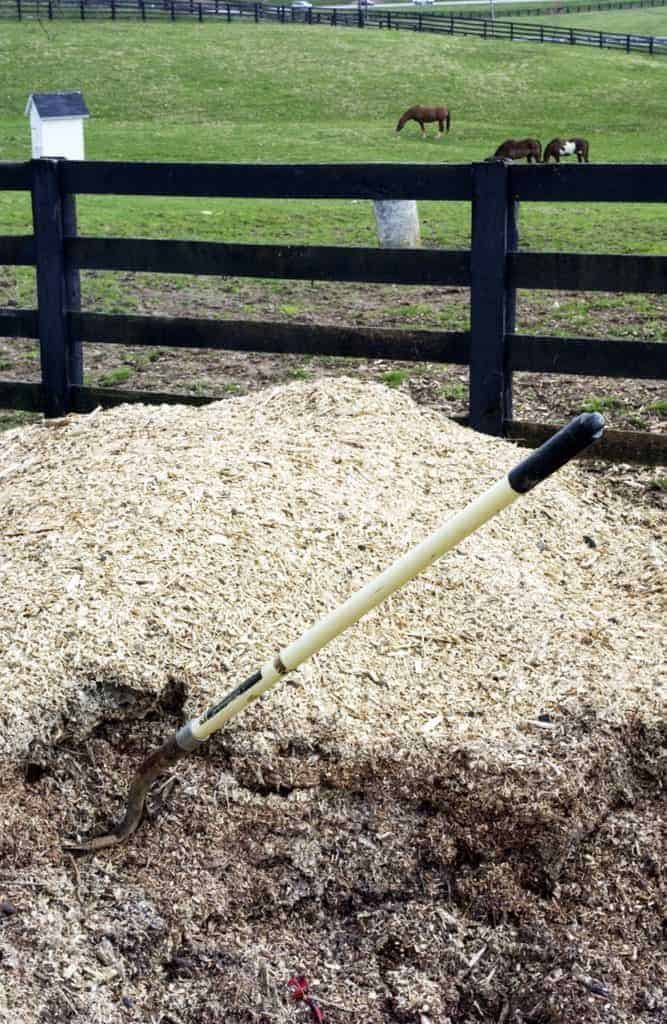
Study: Wood Chips Can Improve Paddock Soil Quality
Adding absorbent, biodegradable materials to paddocks can keep water sources cleaner and favor healthy grass growth.

Adding absorbent, biodegradable materials to paddocks can keep water sources cleaner and favor healthy grass growth.
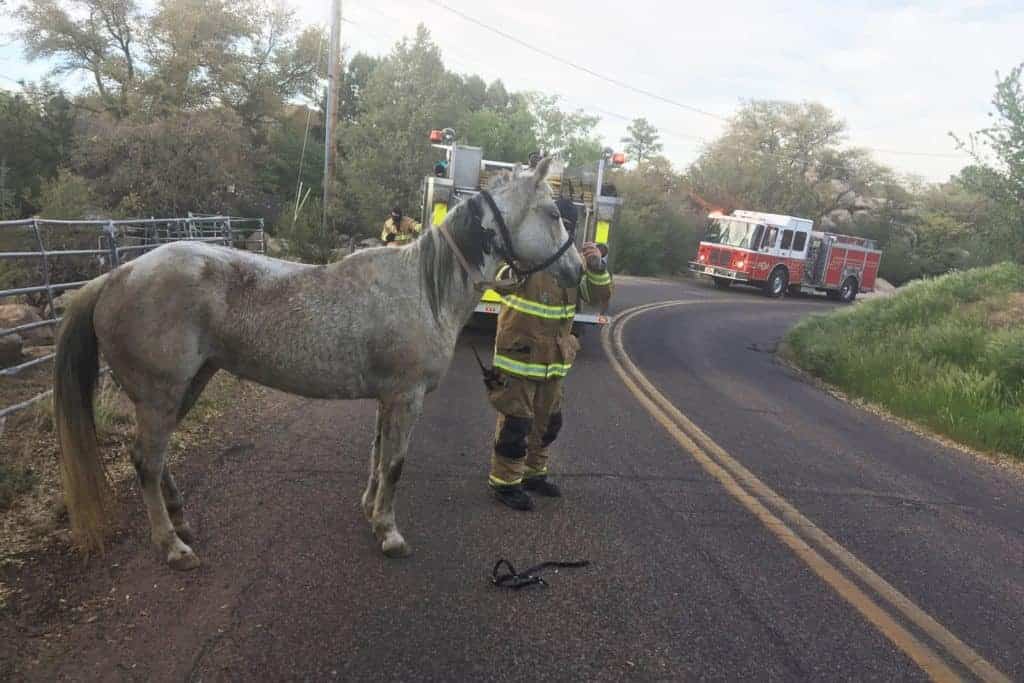
Three other horses were attacked but survived.
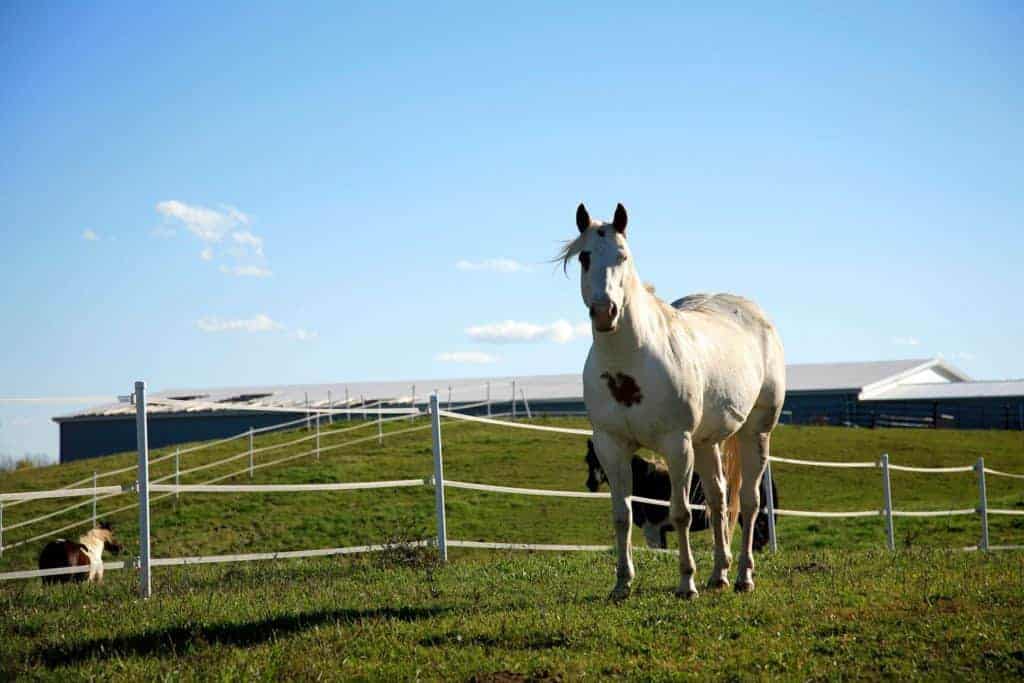
Our staff and sources share some of their top tips for pasturing and turning out horses.

With parasites’ growing resistance to anthelmintic drugs, owners must focus their control efforts on another area: pasture management.

Of the 804 respondents, 344 (43%) said they compost horse manure and use it to amend soil on their property.
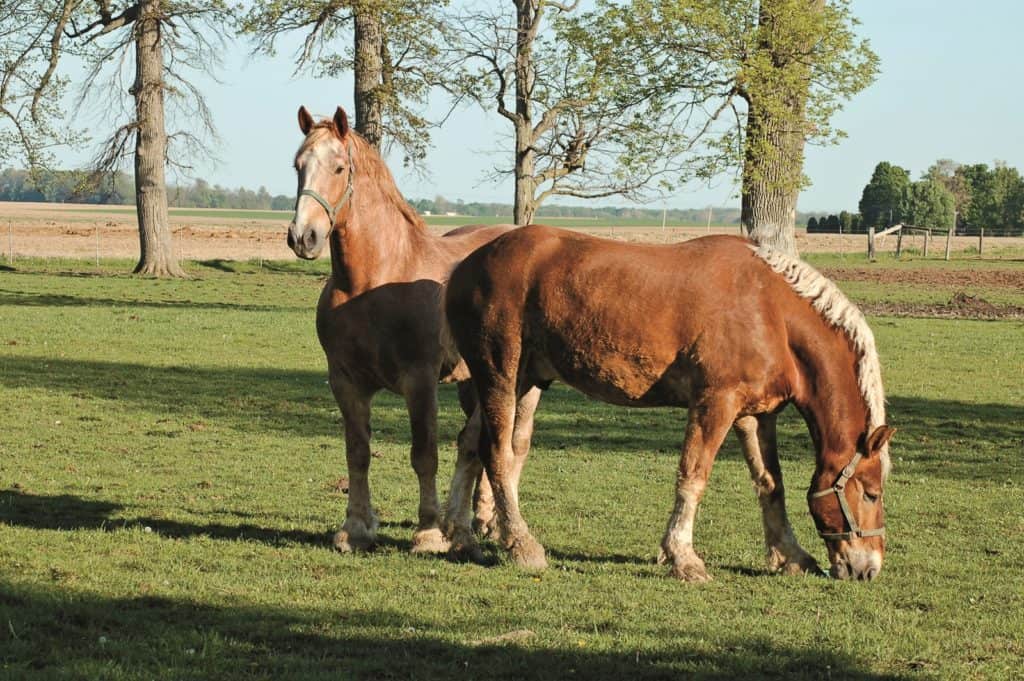
Our equine nutritionist shares tips for keeping your horse healthy and your pastures in good shape this spring.
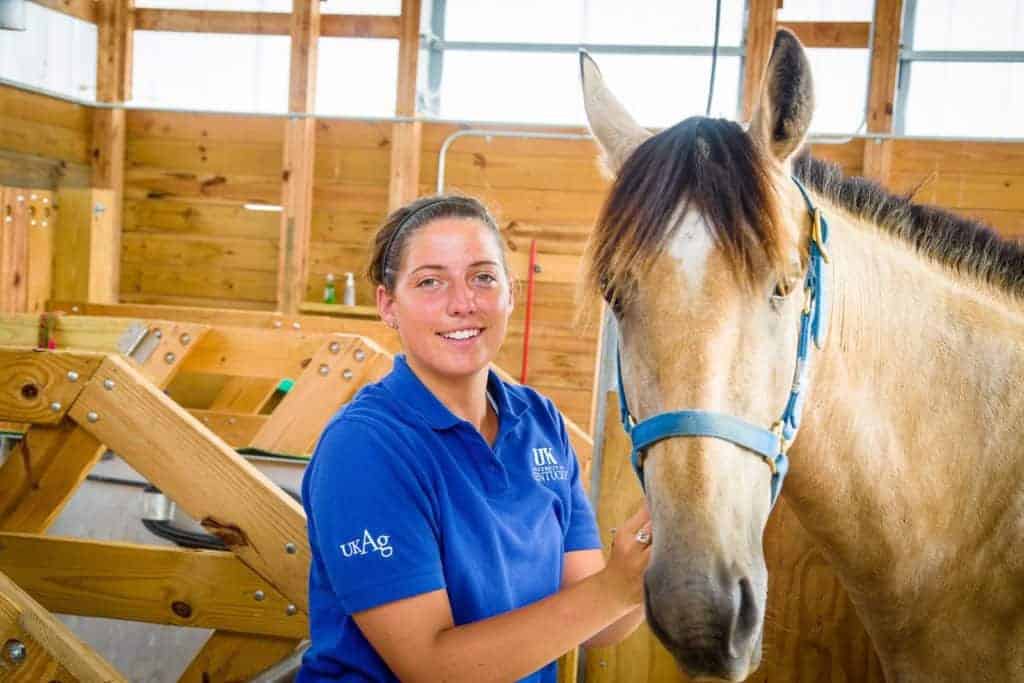
Taylor is studying how Kentucky 31 tall fescue and a novel endophyte tall fescue affect nonpregnant and pregnant mares.

Readers prepared to “spring” into action during The Horse’s Countdown to Spring Challenge. Check out our top tips to get your horses and farm ready too!
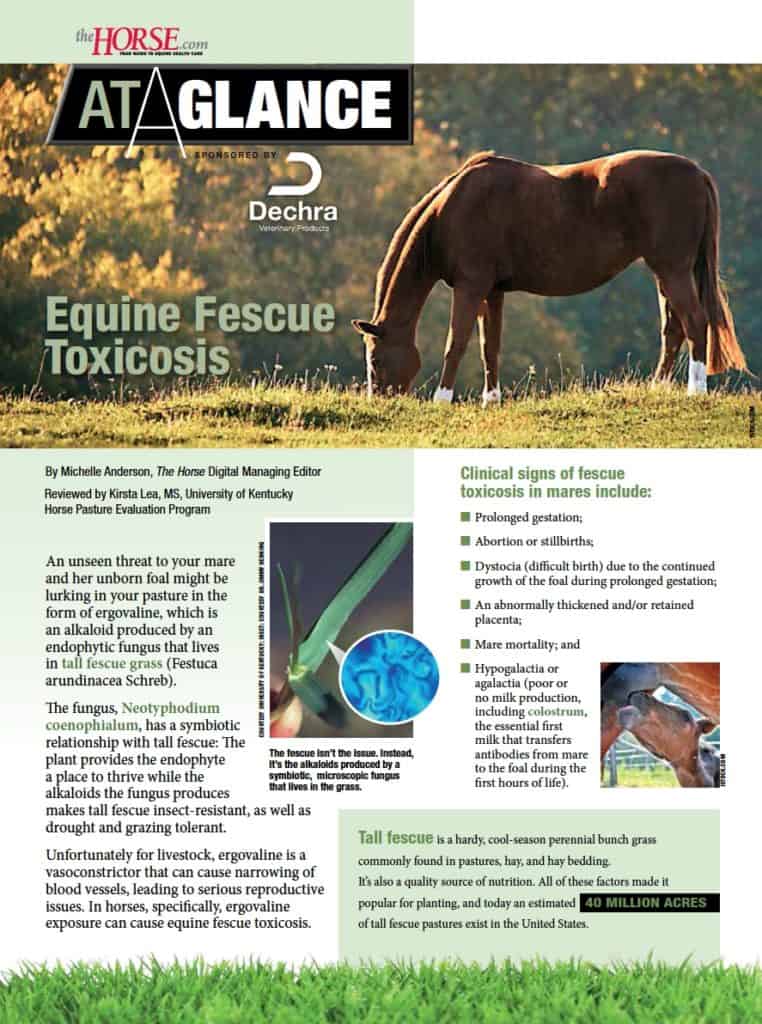
An unseen threat to your mare and her unborn foal might be lurking in your pasture. Learn more about fescue toxicosis.
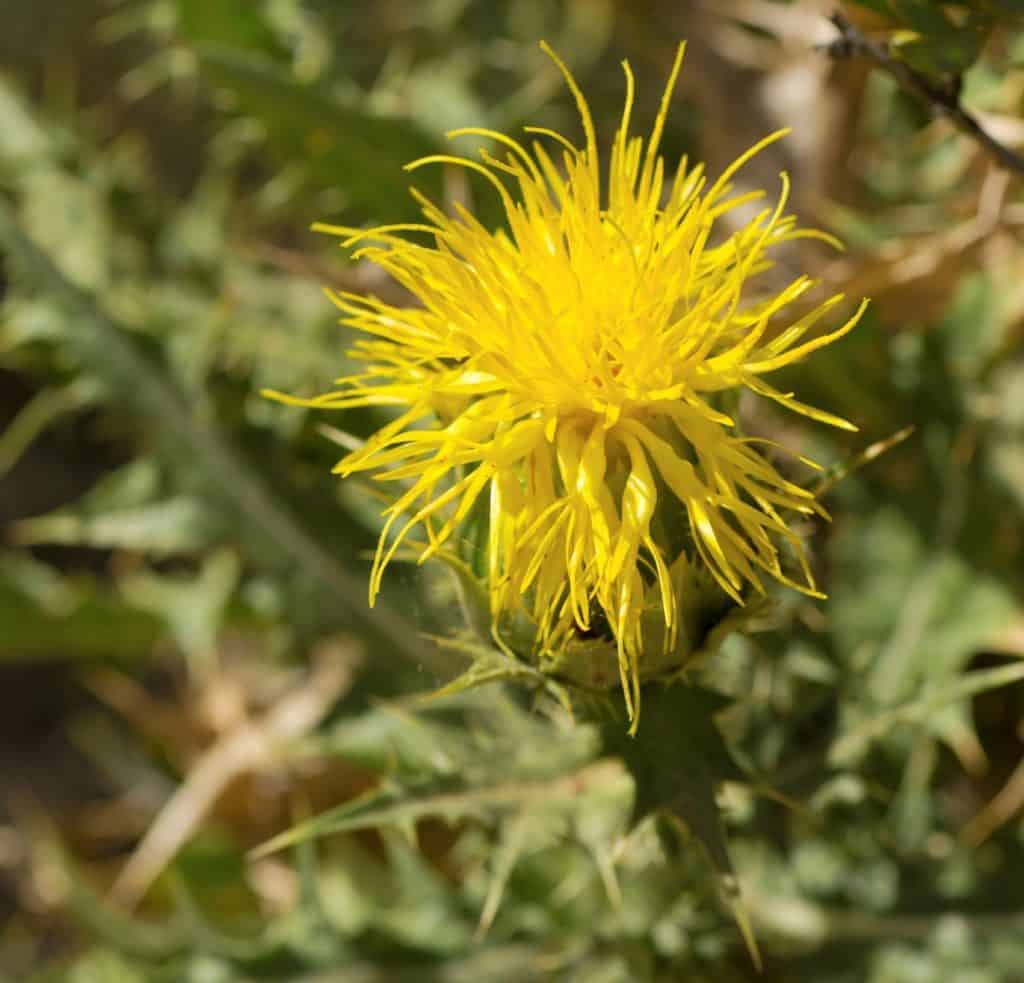
An owner worries about her horse eating thistle. An equine nutritionist responds about the risks.
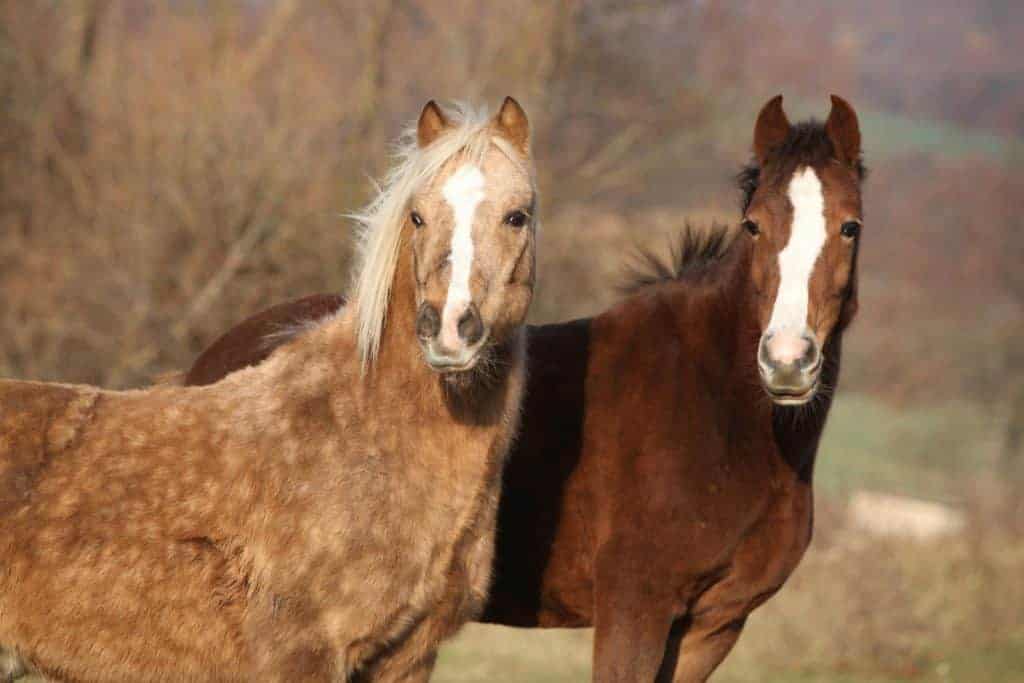
Of the 1,293 poll respondents, 340 (26%) said their horse is turned out with one other horse.
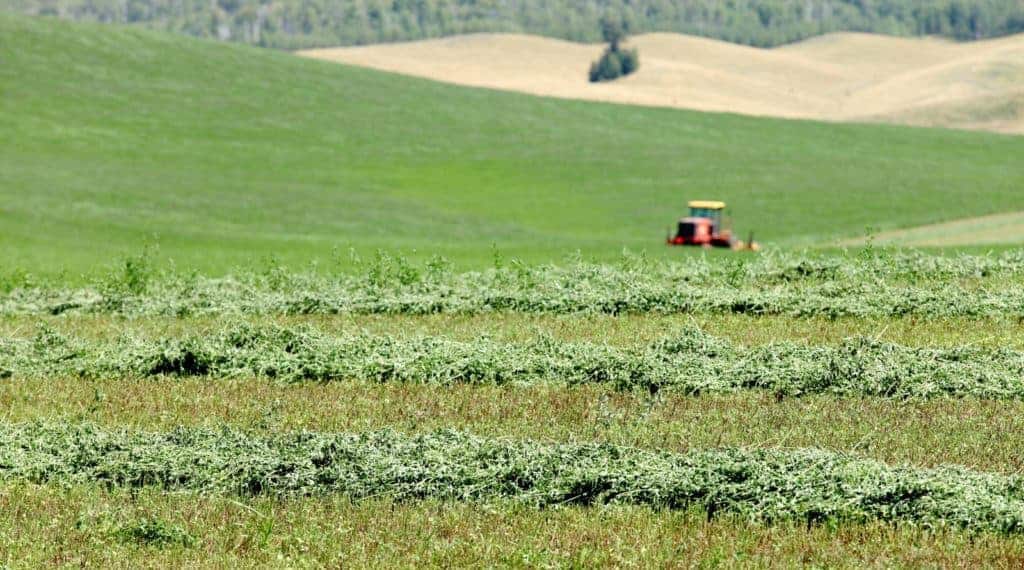
Attendees will learn how they can improve the efficiency and quality of all their hay, silage, and baleage production.

Lectures will focus on reducing tall fescue toxicosis, the top toxins for horses in Kentucky, weed control, and more.

Barn and farm improvements small and large can boost your property’s appeal to equine real estate buyers.

Audio features on behavior, old horse care, mud management, skin issues, caring for your new horse, and more.

The workshop will take place March 9, 2017, at UK’s Veterinary Diagnostic Laboratory and Spindletop Research Farm.
Stay on top of the most recent Horse Health news with
"*" indicates required fields